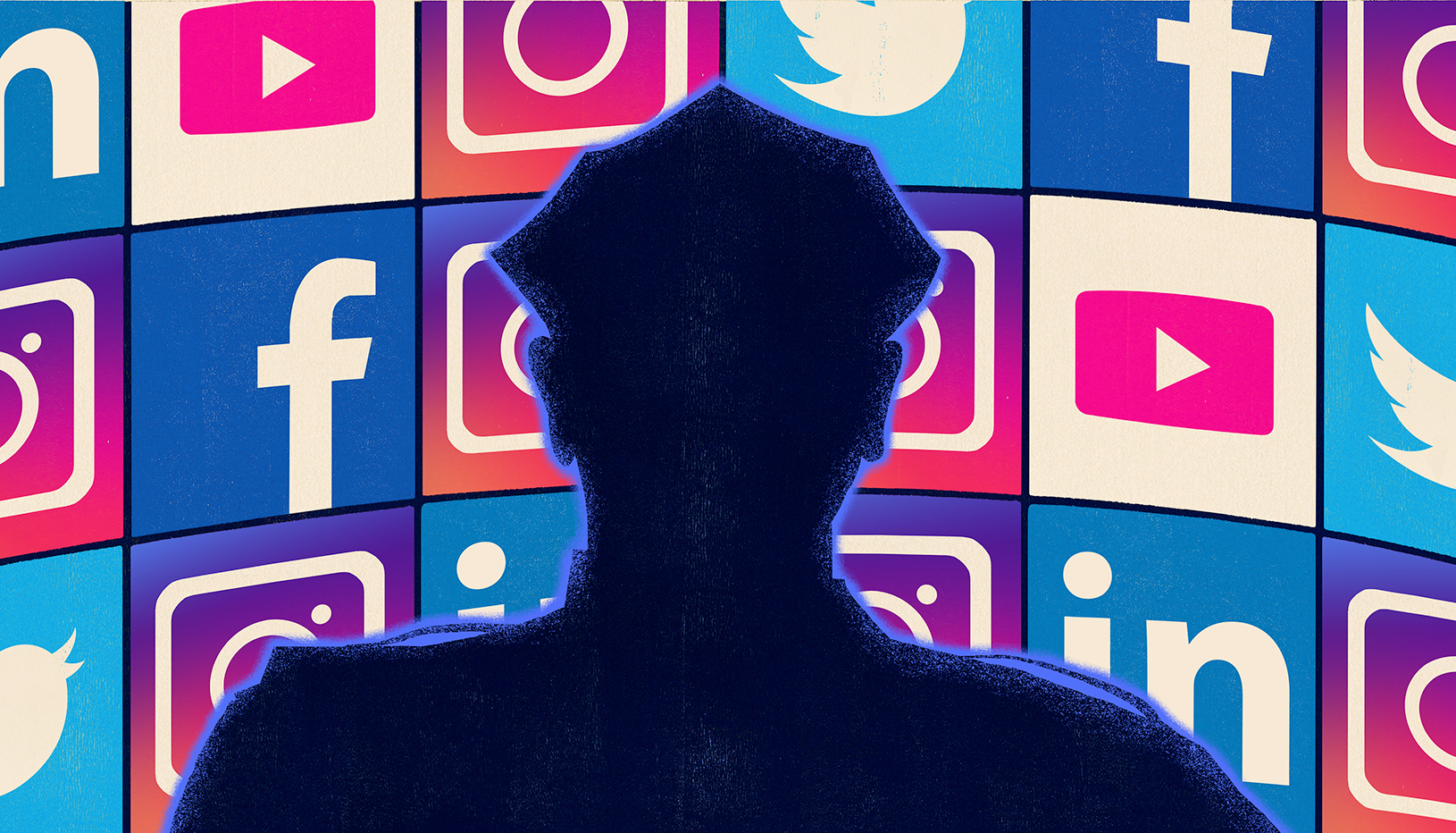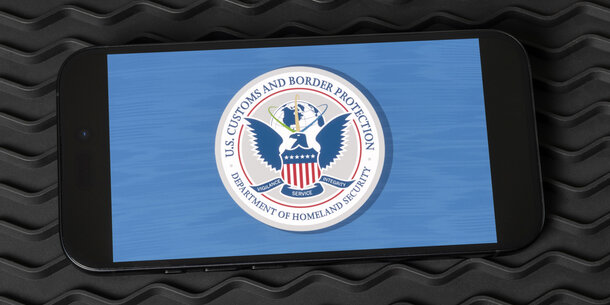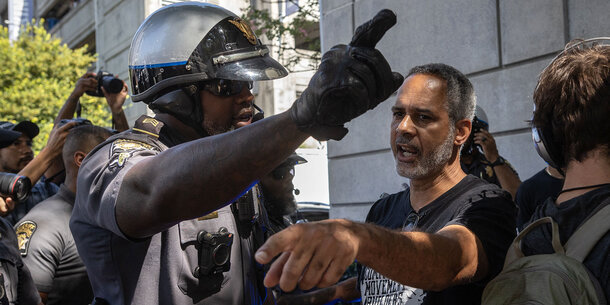The Brennan Center filed a lawsuit Monday against the New York City Police Department to uncover public records on the department’s use of social media monitoring. Since the Brennan Center submitted a public records request in January 2020, the NYPD has consistently failed to hand over records within a reasonable timeframe, even missing its self-imposed deadlines.
The NYPD’s refusal to provide access to what should be public information has stripped New Yorkers of the ability to understand how their police department monitors, collects, and uses individuals’ social media information. This lack of transparency makes it harder for the public to gauge whether NYPD surveillance practices actually improve safety and to hold the department accountable for violating constitutional protections, including privacy and First Amendment rights.
What information is available shows that for over a decade, NYPD officers have used social media for a range of purposes, including monitoring public gatherings and tracking individuals and their connections without evidence of wrongdoing, all with little oversight or accountability. During the Black Lives Matter protests, officials at the NYPD’s Intelligence Bureau circulated screenshots of social media posts about upcoming actions. The department created a specialized social media unit to monitor weekend parties for activities as innocuous as overcrowding and noise complaints. A secretive “rap unit” tracked rappers’ social media profiles and private Facebook events, even sending undercover police to concerts. NYPD officers created profiles posing as young women, sent “friend” requests, and messaged teenagers on Facebook to create lists of young people supposedly affiliated with gangs. The social media analysis team within the New York State Intelligence Center — a “fusion center” that shares information between local and state police — similarly used fake accounts to collect people’s social media information.
The only publicly available internal policies regulating these tactics date back to a 2015 records request showing that officers could create online aliases as long as they received approval. More recent public records requests to uncover the department’s social media monitoring policies have been denied.
In the past few years, the NYPD has augmented its social media surveillance through contracts with private companies. In 2018, it spent over $8 million on a contract with Voyager Labs, which claims to use artificial intelligence to assess individuals’ public safety risk based on the content of their posts. The Brennan Center previously reported on how such products threaten First Amendment rights and have a disproportionate impact on marginalized communities. Reflecting growing concerns with Voyager, Meta (which owns Facebook and Instagram) recently sued the company — pointing to documents acquired by the Brennan Center — for creating thousands of fake Facebook accounts to collect information from over 600,000 users.
Data gathered from other public records requests provide further insight into the types of tools that the NYPD may be employing. The New York State Police, for instance, entered into contracts with companies that can access internal data from X (formerly Twitter), Facebook, and Instagram to surveil protesters. One of these companies, Dataminr, relayed tweets about Black Lives Matter protests directly to police, while another company, Media Sonar, advertised its ability to track hashtags, including #PoliceBrutality and #DontShoot.
The Brennan Center obtained documents from a lawsuit against the Los Angeles Police Department that uncovered extensive social media monitoring and no internal assessments of the nature or effectiveness of the surveillance. The thousands of pages we received revealed that the LAPD tested a social media monitoring tool that collected almost 2 million tweets, tracked racial justice activists and hashtags such as #BlackLivesMatter and #SayHerName, collected social media information about police reform protests, and trained officers to create “dummy” accounts to access users on social media platforms. The NYPD’s obstructionist tactics, from continually delaying its handover of records to missing numerous deadlines, have made it close to impossible to determine whether the department is engaged in similar tactics.
The NYPD’s noncompliance with New York’s Freedom of Information Law is not new. The Brennan Center sued the department in 2016 for failing to provide records about its use of predictive policing technologies. And this year alone, the New York Civil Liberties Union filed three lawsuits against the NYPD for failing to provide records.
The NYPD’s social media monitoring is the most recent evolution of decades of surveillance that has undermined privacy rights and targeted marginalized communities. In the past, the NYPD has used license plate readers to track New Yorkers attending services at mosques, deployed an aggressive stop-and-frisk program that targeted minority communities, infiltrated political organizations and targeted organizers, and applied facial recognition technology that has led to wrongful arrests of Black Americans across the country based on racialized errors. Most recently, the NYPD has expanded its arsenal of surveillance technology by deploying drones to spy on Labor Day weekend barbecues and releasing a robot to patrol subway stations, raising concerns of increased surveillance and future integration with facial surveillance technology or weapons.
The NYPD’s troubling history of mass surveillance makes gathering information on how it monitors social media platforms more important than ever. Now, after almost three years of delays, the public still lacks adequate information about the NYPD’s use of social media monitoring. Our new lawsuit aims to ensure that the police department can no longer evade its obligations for public transparency. We must ensure that the NYPD’s existing practices further public safety and respect New Yorkers’ rights, especially in vulnerable communities.




